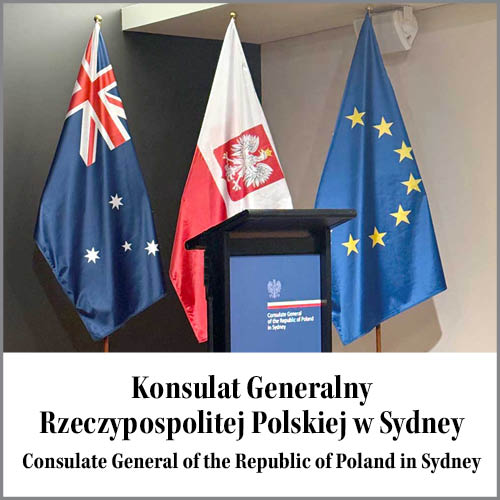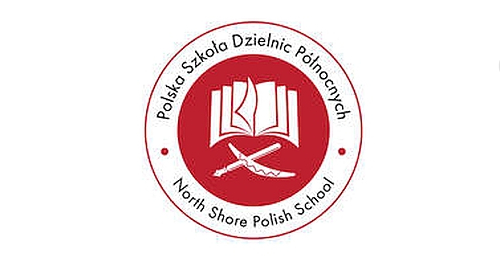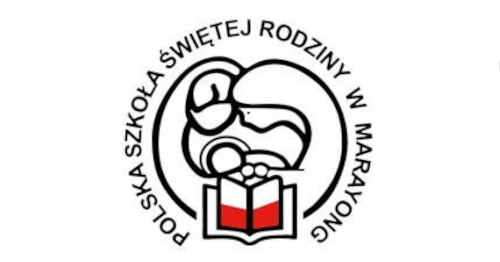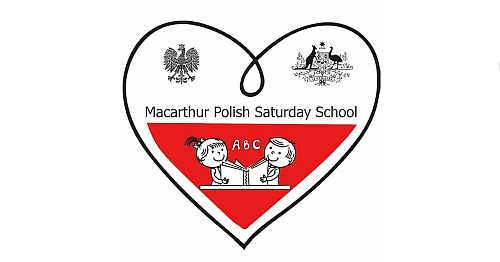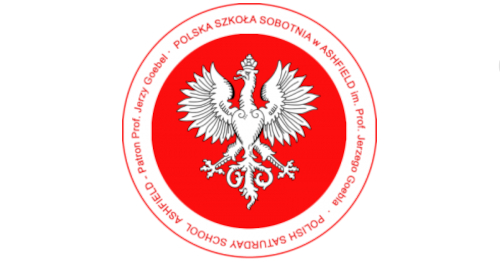
It was one of the greatest sensations in the history of Polish sport. On 6 June 1999, the Polish women’s national basketball team did something which had seemed simply unreal a dozen days earlier – they won the European Championship! And it happened in the atmosphere of the last outstanding performance of the men’s national team, which had fought so bravely in an event of the same rank, finally taking fourth place.
In the last decade of the 20th century, Polish men’s and women’s basketball teams presented an average European level. At the European Championships in 1991 and 1993, the ladies took sixth and fifth positions. The men’s team advanced to the second group stage at the 1997 EuroBasket held in Spain, where they defeated Croatia and Germany, and then to the quarter-finals. They only dropped out in this phase, losing to Greece 62:72.
In 1999, it was our country that hosted the European Women’s Basketball Championship. For almost twenty years – in 1980 and 1981, when the red-and-white team led by coach Ludwik Miętta returned to Poland with silver medals twice, each time losing gold to the Soviet Union – we were waiting for a medal from Polish women in an event of this rank. And there was nothing to indicate that this time it would change.
The continent’s top teams played their group-stage matches in three Polish cities – Katowice, Pruszków and Poznan. Fans remember them fondly, as they ended in a great triumph for the red-and-white team, which won the gold medal at an event of this rank for the first time in its history. Poland’s rivals in the final were the favoured players from France. The French, however, were defeated by three points – 59:56. The Polish anthem sounded in the packed hall in Katowice.
However, before the decisive meeting for the European championship, we fought more or less difficult battles. The first matches against the very strong Lithuania and the Czech Republic ended in slight defeats -72:79 and 75:78 respectively. This, fortunately, did not undercut Polish women, although the hopes for some decent result dropped significantly. In the remaining group games, however, our basketball players were victorious against Yugoslavia 81:74, Italy 80:71 and Bosnia and Herzegovina 75:53. Advancement to the semi-finals became a fact.
A high-scoring 72:51 victory against the Croatian women in this round secured the red and white team’s desired advancement to the upcoming Olympic Games in Sydney. Coach Tomasz Herkt said after this meeting that we had already entered ‘another level of emotions.’ ‘We will go into the semi-final match against the Russian team with respect towards a formidable opponent but without complexes. If we stand our ground on the boards, limit our rivals’ quick attacks and get at least 50 per cent effectiveness of throws from the game, we can not only put up a fight but also make a surprise,’ he said.
And indeed this is what happened. Once again, it proved how much an ambitious sporting attitude can pay off. The red-and-white team won against the Russians 66:61.
The main heroine of these championships and the Polish national team was twenty-five-year-old Małgorzata Dydek. As the Katowice-based ‘Sport’ reported, ‘There would have been no gold without Malgorzata Dydek. The youngest in the team was at the same time the best, decisive leader, without whom (as the match against the Czechs clearly showed) it was much more difficult for the Poles. Measuring 2.13 m, the centre player not only collected and blocked brilliantly but was also able to take the burden of the game and throw effectively in the decisive moment.’
Our best basketball player was also complimented by the foreign press, and in the poll of the Italian ‘La Gazetta dello Sport’, she was even recognised as the best player in Europe in 1999! Dydek, known in basketball circles as ‘Margo’, became the most effective player at the event organised in Poland, scoring 154 points in all games. She was followed by other Polish players – Elżbieta Trześniewska (107 points) and Krystyna Szymańska-Lara (101 points), the most experienced at the time in her thirties.
Małgorzata Dydek played in the professional WNBA league during the decade 1998-2008, playing longest for the Utah Starzz and then the Connecticut Sun (league runner-up in 2005) and briefly for the Los Angeles Sparks. She made two appearances in the WNBA League All-Star Game. After her career ended, she worked as a coach in Australia, where she moved permanently. Unfortunately, Małgorzata Dydek suffered from heart arrhythmia from a young age. The tragic events occurred in May 2011 after she collapsed at her home in Brisbane. She was taken to the hospital and put into a pharmacological coma. She died after several weeks. The cause of death of the outstanding Polish basketball player was cardiac arrest.
The successful European Championships raised the huge hopes of Polish basketball fans for a high place in the 2000 Olympic Games in Australia. Even a medal was optimistically assumed. Unfortunately, our ‘golden girls’ (this was the term used by journalists to describe the team after their victory in the European championships) did not live up to the Olympic tournament and finished eighth, winning only against three teams – New Zealand 75:52, South Korea 77:62 and Cuba 72:35. The Polish women lost to Russia 46:84, USA 57:76, Australia 48:76 and in the match for places 7-8 they were defeated by Slovakia 57:64.
The success of Tomasz Herkt’s team at the 1999 European Championships, as well as the subsequent participation (the first and so far only) in the Olympic Games, symbolically closed the history of Polish women’s basketball in the 20th century. In later years, only once, in 2003, the Polish national team made contact with the European top, taking fourth place at the continental championships. Unfortunately, it has been in a permanent crisis for almost two decades, and Polish fans still have to remember the events of the past in order to get excited about the Polish women’s fight for medals.
Krzysztof Szujecki
Source: DlaPolonii.pl




 USD
USD  AUD
AUD  CAD
CAD  NZD
NZD  EUR
EUR  CHF
CHF  GBP
GBP 